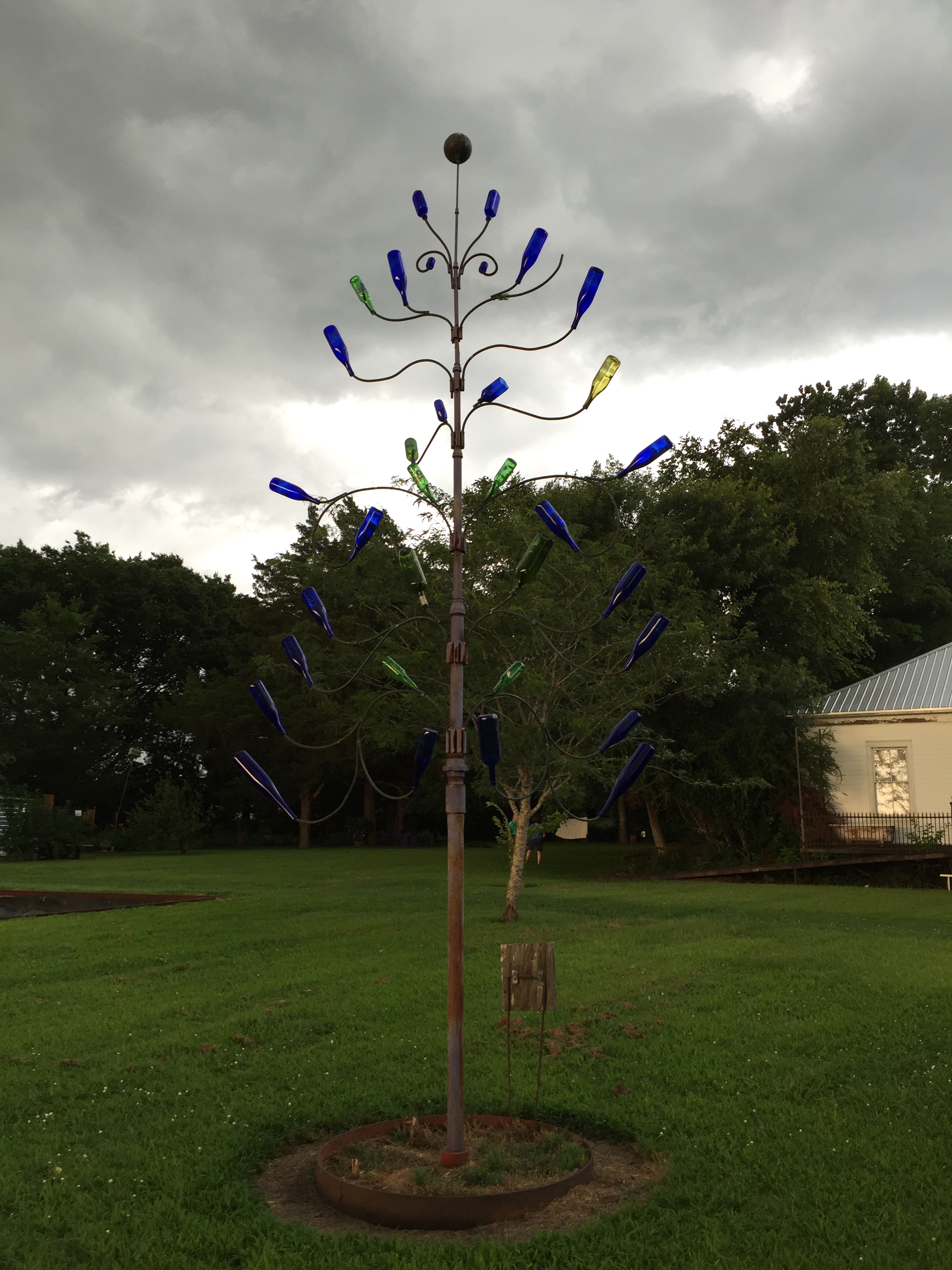WealthWorks and Economic Development
/I’ve been preparing for two full-day workshops on WealthWorks and Economic Development. As I write this, I’ve just returned from the National Association of Development Organizations (NADO) Annual Training Conference in San Antonio, Texas. In a couple of weeks, I’ll be on my way to Minnesota to deliver another full-day workshop for the National Joint Powers Alliance and Region Five Development Commission. These workshops have encouraged me to consider WealthWorks in the context of traditional economic development, namely as a framework to use in thinking about Comprehensive Economic Development Strategies (CEDS).
While the workshop audiences may not be exploring or constructing WealthWorks value chains, they may want to use the framework in their planning work. The concepts of creating impact on multiple forms of wealth, encouraging local ownership and control, and engaging low-income populations does fit in with their work. In addition, these planners and economic developers may be encouraging others to build wealth creating value chains; regional development organizations may play supporting roles in a value chain.
Through other workshops I’ve done with this type of audience, I’ve found that these folks have been seeking the language that WealthWorks provides, especially around the multiple forms of wealth. In preparing for this workshop in particular, I was researching regional economic development organizations that are using this language in their CEDS documents. I came across the Land of Sky Regional Council, based in Western North Carolina; one of their staff members did attend and participate in one of the WealthWorks Trainings for Coaches and Coordinators just outside of Philadelphia. Their evaluation framework lists all the forms of wealth and their hoped-for outcomes for each.
As I’ve been preparing these presentations and thinking about how the WealthWorks framework can help inform the CEDS, it’s clear that it can really inform the whole thing:
Summary Background of economic conditions in the region. The summary background of economic conditions in the region is essentially a baseline of conditions in the region. While not all forms of wealth pertain to economic conditions, many do. Conditions can connect to capitals. Environment connects to natural capital. Culture connects to cultural capital. Workforce connects to individual capital and possibly intellectual capital.
SWOT Analysis to identify regional Strengths, Weaknesses, Opportunities, and Threats. The capitals can also help frame strengths, weaknesses, opportunities and threats. This is essentially an inventory of capitals. How are we doing? What do we have that we can work with?
Action Plan incorporating tactics identified through planning process, other plans, and stakeholder feedback to develop the priority strategies for the region. Actions and strategies can be developed to impact multiple forms of wealth.
Evaluation Framework to identify and monitor performance measures associated with the plan. As mentioned earlier, the evaluation of impacts can be organized using the forms of wealth.


